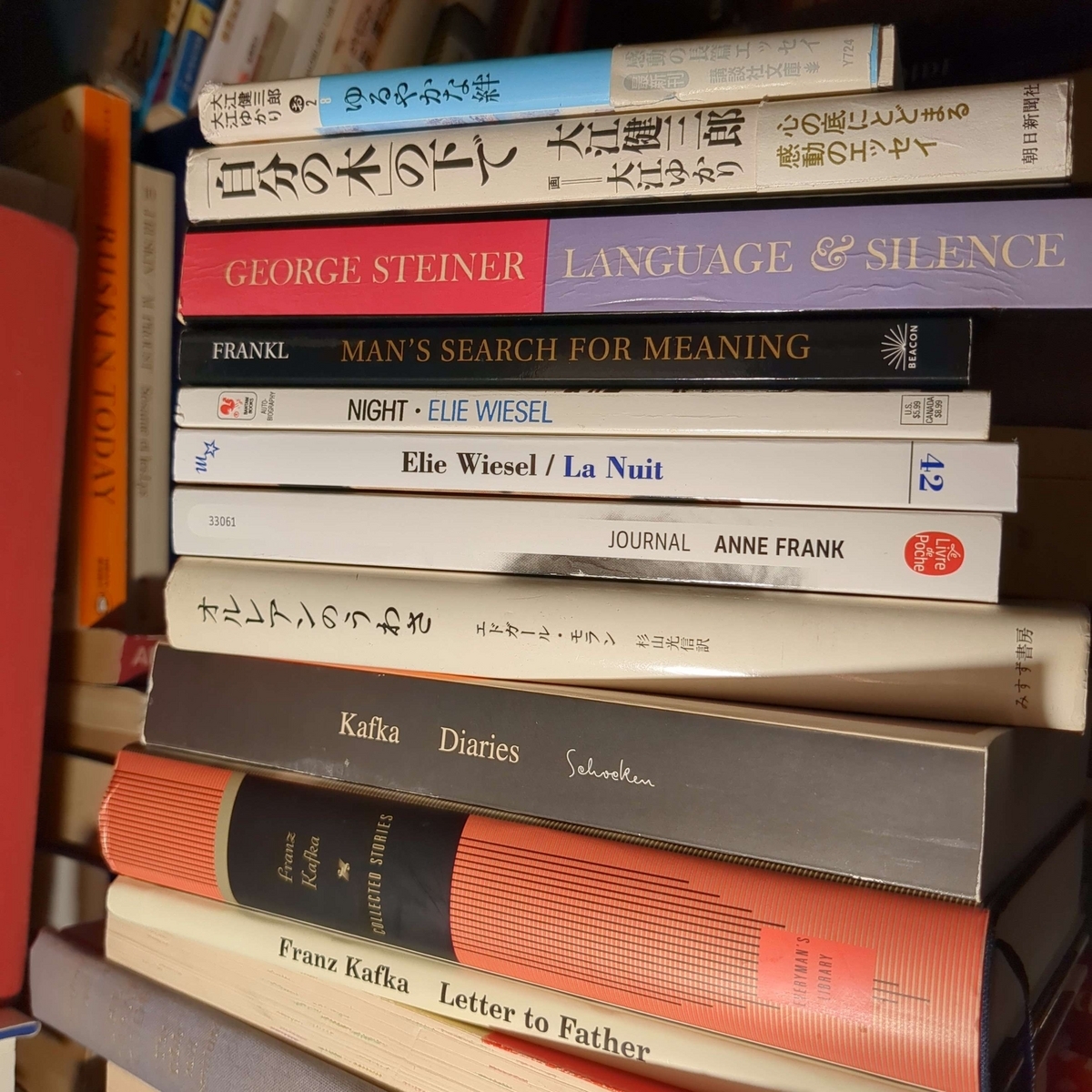
Elie Wiesel, La Nuit, Préface à la nouvelle édition (2007)
L’oubli signifierait danger et insulte. Oublier les morts serait les tuer une deuxième fois. Et si, les tueurs et leurs complices exceptés, nul n’est responsable de leur première mort, nous le sommes de la seconde.
Milan Kundera, Le livre du rire et de l'oubli (éd. 1985)
La lutte de l’homme contre le pouvoir est la lutte de la mémoire contre l’oubli.
Elie Wiesel, op. cit.
Certains lecteurs me disent que si j’ai survécu c’était pour écrire ce texte. Je n’en suis pas convaincu. […]
En vérité, avec le recul, je dois avouer que je ne sais pas, ou que je ne sais plus ce que j’ai voulu obtenir avec mes propos. Je sais seulement que, sans ce petit ouvrage, ma vie d’écrivain, ou ma vie tout court, n’aurait pas été ce qu'elle est : celle du témoin qui se croit moralement et humainement obligé d’empêcher l’ennemi de remporter une victoire posthume, sa dernière, en effaçant ses crimes de la mémoire des hommes.
But enough of the debate. These books and the documents that have survived are not for “review”. Not unless “review” signifies, as it should in these instances, a “seeing-again”, over and over. As in some Borges fable, the only completely decent “review” of the Warsaw Diary or of Elie Wiesel’s Night would be to re-copy the book, line by line, pausing at the names of the dead and the names of the children as the orthodox scribe pauses, when re-copying the Bible, at the hallowed name of God. Until we know many of the words by heart (knowledge deeper than mind) and can repeat a few at the break of morning to remind ourselves that we live after, that the end of the day may bring inhuman trial or a remembrance stranger than death.
In the Warsaw ghetto a child wrote in its diary: “I am hungry, I am cold; when I grow up I want to be a German, and then I shall no longer be hungry, and no longer cold.” And now I want to write that sentence again: “I am hungry, I am cold; when I grow up I want to be a German, and then I shall no longer be hungry, and no longer cold.” And say it many times over, in prayer for the child, in prayer for myself. Because when that sentence was written I was fed, beyond my need, and slep warm, and was silent.
George Steiner, Postscript (1966), in Language and Silence, p. 168